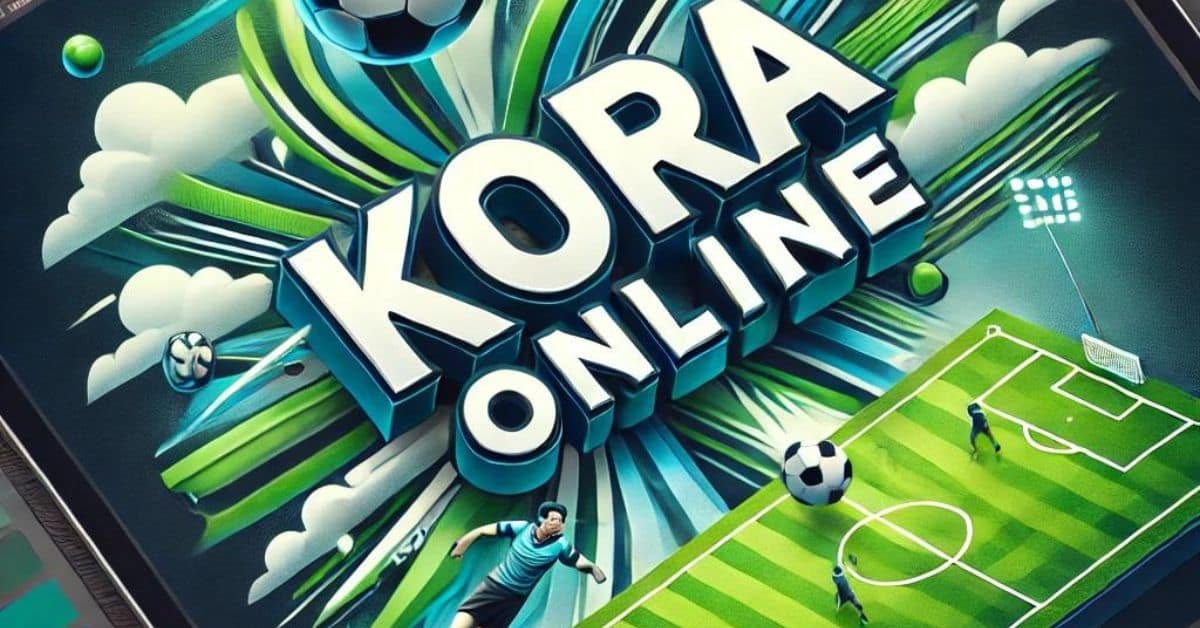Introduction to Kora Online
The Kora, a 21-stringed instrument with roots deep in West African culture, is more than just a musical instrument; it is a vessel of history, storytelling, and tradition. With the advent of online learning platforms, learning the Kora has become more accessible. This article will guide you through the world of Kora, exploring its rich history, the intricacies of its music, and how you can master this beautiful art form from the comfort of your home.
Understanding the Kora: A Cultural and Musical Gem
The Kora, often referred to as the “West African harp,” is a significant part of the musical traditions of countries like Mali, Senegal, Gambia, and Guinea. Traditionally played by the griots, or Jalis, who keep history and oral traditions, Kora’s music accompanies storytelling, poetry, and important social events.
History and Origin of the Kora
The Kora’s history dates back over 700 years, with its origins linked to the Malian Empire. This instrument was traditionally crafted from a large calabash gourd cut in half and covered with cowhide, with the strings made from fishing line. The Kora is a symbol of the rich cultural heritage of the Mandinka people and remains a vital part of West African culture.
The Role of the Griot
The griot is more than just a musician; they are historians, storytellers, and advisors. In the hands of a griot, the Kora becomes a tool for preserving and transmitting cultural knowledge across generations. Learning the Kora is, therefore, about mastering an instrument and engaging with a rich artistic tradition.
Why Learn the Kora Online?
In today’s digital age, learning the Kora online offers a unique blend of convenience, access to resources, and the ability to connect with skilled teachers from across the globe. Whether a beginner or an experienced musician, online learning provides an accessible way to explore this beautiful instrument.
Accessibility and Flexibility
One of the primary benefits of online learning is the flexibility it offers. You can learn at your own pace, revisit lessons, and practice whenever you can. This flexibility is particularly beneficial for those needing access to a local teacher or living outside regions where the Kora is traditionally played.
Diverse Learning Resources
Online platforms offer many resources, from video tutorials and sheet music to interactive lessons and forums where you can connect with other Kora enthusiasts. These resources can help you deepen your understanding of the instrument, learn new techniques, and even compose your music.
Connecting with Master Musicians
Many online platforms provide opportunities to learn directly from master Kora players. These musicians bring years of experience and a deep understanding of the cultural context of the Kora, offering invaluable insights that go beyond technical proficiency.
Mastering the Kora: Techniques and Tips
Learning the Kora requires dedication and practice, but with the right approach, anyone can master this instrument. Here are some essential techniques and tips to help you on your journey.
Basic Kora Techniques
Starting with the basics is essential. The Kora is played with both hands, with the thumb and forefinger of each hand plucking the strings. The remaining fingers hold the handles on either side of the instrument. Beginners should focus on developing a steady rhythm and familiarizing themselves with the sound of each string.
Building Finger Strength and Agility
The Kora requires finger strength and agility, particularly for playing complex melodies and rhythms. Regular practice of scales and simple songs can help build this strength over time. Practicing switching between strings smoothly and maintaining a consistent tempo is also essential.
Understanding Kora Tunings
The Kora can be tuned in several ways, depending on the region and the type of music being played. The most common tunings are the Sauta, Tomora Ba, and Hardino. Understanding these tunings and how they affect the music is crucial for any severe Kora player.
Practicing with Patience and Consistency
Like any musical instrument, mastering the Kora takes time. Consistent practice, patience, and a willingness to learn from mistakes are crucial to becoming proficient. Setting realistic goals, celebrating small achievements, and staying motivated throughout your learning journey is essential.
The Cultural Significance of the Kora in Modern Times
The Kora is not just a relic of the past; it continues to play a vital role in contemporary African music and culture. Its influence can be heard in various musical genres, and its cultural significance remains strong.
Kora in Contemporary African Music
In modern times, the Kora has found its place in various musical genres, from traditional African music to jazz, blues, and even popular music. Artists like Toumani Diabaté and Ballaké Sissoko have brought the Kora to international audiences, blending traditional sounds with modern influences.
Preserving Cultural Heritage Through Music
The Kora is a powerful symbol of cultural identity and heritage. By learning and playing the Kora, musicians preserve West African traditions and help ensure this rich artistic legacy continues to thrive in future generations.
The Kora and Global Influence
The Kora’s influence has extended far beyond West Africa, inspiring musicians worldwide. Its unique sound and deep cultural significance have made it a beloved instrument among world music enthusiasts.
How to Get Started with Kora Online
If you’re ready to begin your journey with the Kora, there are several steps you can take to get started. From finding the right online platform to selecting your first Kora, here’s how to begin.
Choosing the Right Online Platform
Numerous online platforms offer Kora lessons, each with its own strengths. Look for platforms that offer structured courses, experienced instructors, and a community of learners to support your journey.
Investing in a Quality Kora
Investing in a quality Kora is essential if you’re serious about learning. While many affordable options are available, it’s worth considering an instrument made by a skilled craftsman. A well-made Kora will not only sound better but will also be more enjoyable to play.
Setting Up Your Learning Space
Creating a dedicated learning space can help you stay focused and motivated. Ensure you have a comfortable seat, good lighting, and a quiet environment where you can practice without distractions.
Starting with Beginner Lessons
If you’re new to the Kora, start with beginner lessons that cover the basics of playing, tuning, and caring for your instrument. As you progress, you can move on to more advanced techniques and explore different styles of music.
Frequently Asked Questions
What is the Kora made of?
The Kora is traditionally made from a large calabash gourd cut in half, with a cowhide covering and strings from fishing line or gut.
Do you need help to learn the Kora?
Learning the Kora can be challenging, especially for beginners, but with consistent practice and dedication, it is possible to master the instrument.
How long does it take to learn the Kora?
The time it takes to learn the Kora depends on your previous musical experience and the amount of time you dedicate to practice. Some may begin to play simple songs within a few months while mastering the instrument can take years.
Can I learn the Kora without a teacher?
While learning the Kora independently is possible, having a teacher can provide valuable guidance, feedback, and encouragement, especially for beginners.
What kind of music can I play on the Kora?
The Kora is versatile and can be used to play traditional African music and genres like jazz, blues, and even classical music.
Where can I buy a Kora?
Korad is available through specialized music shops, online retailers, and directly from African artisans. Purchasing from a reputable source ensures you get a quality instrument.
Conclusion
Exploring the artistry of the Kora online opens up a world of musical and cultural discovery. Whether you’re drawn to the instrument for its rich history, unique sound, or deep cultural significance, learning the Kora is a rewarding journey connecting you to a vibrant tradition. With the wealth of online resources available today, mastering the Kora has never been more accessible. So why wait? Start your journey today and discover the world of African music mastery through the Kora.





